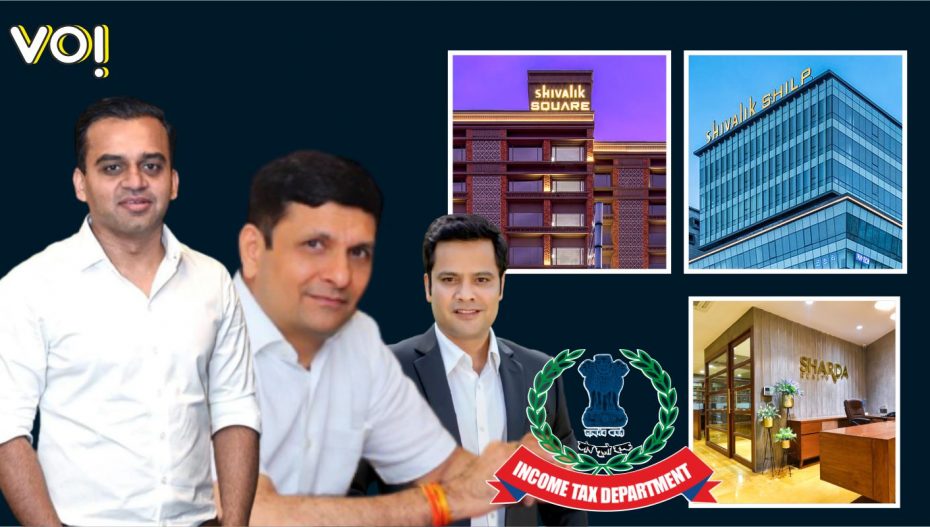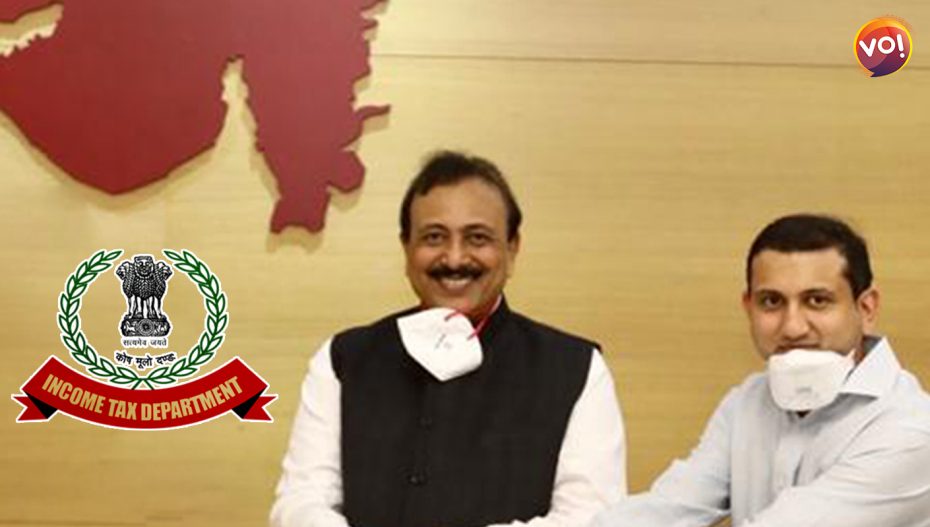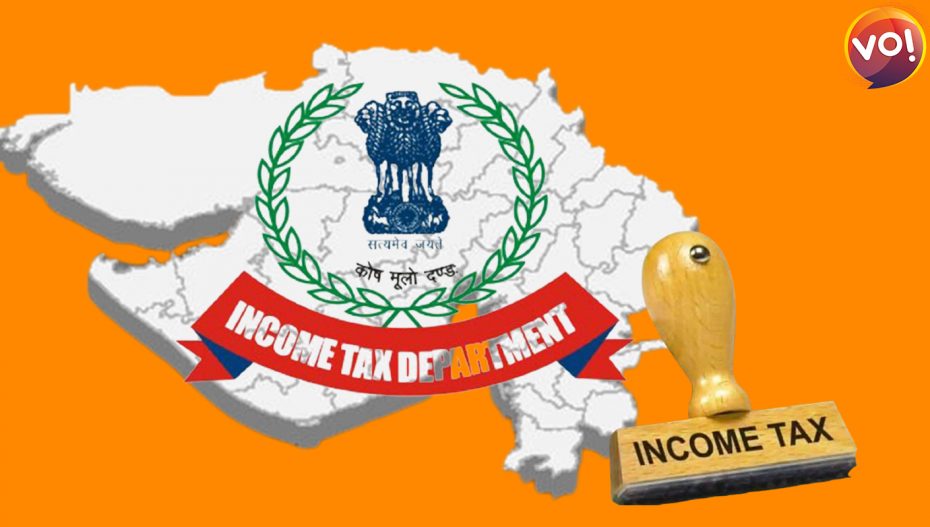The power to conduct a search on tax evaders’ houses, followed by subsequent seizure of illicit money, property and assets is one of the most important powers granted to the Income Tax Department. However, every raid comes with a cost. The most expensive process is digital data extraction. In the last three raids, professionals were called from Delhi and Bangalore. When digital data extraction is done, even all deleted messages and pictures are collected.
In one case, another source said, a rich man’s wife’s obsession with designer clothes was monitored for eight months. The woman paid in cash and even designers were questioned.
In another case, yet another source said they take permission and phone tap. Interestingly, the income tax department tied up with Swiggy to assess the security outside these bungalows. “All this is a part of recce.”
In a recent raid, we also found illicit relations between two family members in a joint family but since it is not under our purview, we ignore all private and personal things”, another officer associated with the raids told Vo!.
A top income tax department official told Vibes of India(Vo!) that three raids in the past few months cost them over Rs 70 lacs each. In almost all raids in Ahmedabad, it is sad that the men of the house often try to use their wives to impress upon us about their generosity and honesty”. This is a very particular phenomenon of raids in Gujarat where wives try to play an active role.
Most of these people do not keep their unaccounted cash at home and use brokers or nominal employees of the Company to do so.
“While some of us stay at the place where the income tax raid is taking place, there were at least 250 officials involved in each of these raids”.
An I-T search ideally lasts for at least three days and the total cost is over Rs 70 lakh, as per a preliminary investigation conducted by Vibes of India. Often, officials also meet with accidents and require medical aid, the cost of which is covered under the Central Government Health Scheme (CGHS).
“Income tax raids are the last weapon permitted in the law. We conduct a search only after a complete background check – visiting premises, checking call records, income tax returns, the net worth of the company and its owners etc. Search is an expensive affair for the Income Tax and therefore we can’t just abruptly raid a company or someone’s home. We do it only when we are sure of their unaccounted transactions and income.” he told Vo!.
Expenses incurred in a raid:
| Sr No | Expenses | Amount |
| 1 | Digital extraction of data | Rs 40 lakhs |
| 2 | Vehicles (hired) | Rs 20 lakhs |
| 3 | Stay | Rs 10 lakhs |
| 4 | Food | Rs 7 lakhs |
| Total | Rs 77 lakhs (Approx) |
Cost of hiring tech professionals
With an increase in digital data, the Income Tax department has had to increasingly hire specialist tech professionals from Delhi and Bengaluru adding another marker in their cost sheets. These experts aid the I-T officials in taking backups of mobile and computer data, and extracting and analysing the pertinent information, including deleted texts, pictures and voice recordings. A major chunk of the I-T department’s expenditure budget is spent on these professionals. Recently, during the Income Tax raid on Rajendra Majithia’s Urmin Group in Ahmedabad, tech experts were called in from Bengaluru.

With data increasingly stored online – especially those related to illegal transactions – the expense in this domain is bound to increase in future. Earlier, the Income Tax department used to own vehicles for officials but not anymore. Now, the vehicles are outsourced through an agent. The idea is not to reduce the cost but to use the funds wisely, sources told Vo!. Vehicles are needed for smooth transportation between cities. If a search is quite big i.e. involving over 30 premises, then I-T officials from different cities join hands. For example, in the recent raid at Urmin Group (March 2022), officials from Ahmedabad and Surat were roped in.

Revenue of I-T department:
So, how does the I-T department earn its revenue? Whenever the I-T sleuths conduct a search and seizure operation, they seize unaccounted income from the companies – this income is their biggest source of revenue.
For example: In December 2021, the Income Tax Dept seized an unaccounted income of Rs 650 crore from Sangini Builders and Arihant Group, Rs 500 crore from Ratnamani Metals & Tubes, Rs 250 crore unaccounted income from Ratnamani Metals, Rs 100 crore unaccounted income from Manikchand Distributor, among others. The Income Tax department ends up spending 0.5% of the total revenue generated from a single raid. “Gujarat is a land of entrepreneurship, it has businessmen with deep pockets. Land dealings in Gujarat are mostly in cash and therefore the I-T department seizes a minimum of Rs 100 crores in a single raid,” said a source privy to the workings of the elite agency. “In India, there are three places where the Income Tax department keeps a close eye on – Mumbai, Delhi and Gujarat,” the source added.

Impact of raids:
“The work of the Income Tax department starts after the search and seizure. We need to process the digital data and identify the exact places where the company has indulged in I-T fraud. The whole process takes over four months. The efforts are all worth it as search and seizure also impacts people psychologically. Entrepreneurs would know the repercussions of tax evasion and black money. This reduces such illegal transactions in the long run,” he said.
Number of raids conducted:
Due to the Covid-19 outbreak in the last 3 years, the Income Tax department has conducted just seven search and seizure operations in Gujarat. However, in the past six months, eight searches have already been conducted in Gujarat. These include raids on builder Chitrak Shah’s Shivalik Group, Rajendra Majithia’s Urmin Group, Velji Mohan Sheta’s Sangini Group, Prakash Sanghvi’s Ratnamani Metals and Tubes, Rajendra Shah’s SAL Group Of Companies and others.














